Paper Scripts
Originally Appearing in "Paperwork" (Abstract 5)
Text by Donna Blanchard // Images by Raul Soria Jr
For the cast of theater production, the script is everything: Bible, Rosetta Stone, and map. A single bundle of paper contains the story we’re telling and our starting point to performing that story well.
Most scripts primarily contain lines of dialogue and a smattering of stage directions with suggested instructions. A director will first read the script to find answers, to make creative decisions that fit in his or her grand scheme, and to form the basis of who to look for when casting the show.
Once brought on, actors like myself dissect the script. We learn all we can and make choices about the rest: who we are, why we do what we do, and how we feel about every other character and everything involved from one moment to the next.
I am proudly paperless in most aspects of my life, but the moment I am cast in a role, I begin a racy affair with my script! Immediately, I lavish it with attention, reading it again and again and again. I highlight, analyze, and research, then saturate it with my own imagination and choices. It is my beloved, my compass and guide, and the key to discovering my character.
The script is with me through rehearsals and it’s the paper on which I take sacred notes, writing my blocking (stage navigation), and thoughts about the performance. Outside of rehearsal, the script is with me still, with spare moments devoted to gleaning more from it. Why do I say that line? What makes me say this and what must I think about the actor to whom I say it?
In time, I understand the answers to my questions and my lines begin to come to me on their own–in the form of reactions–but the comforting paper script is there, holding my hands, during the rehearsal process. When I gesture, whether in frustration, anger, or ennui, the script is an extension of my arm.
But after a point, things change. I still respect the script, but it has become restrictive, kind of a hanger-on. I glance at it, grateful for the support it feeds me, but I know the time approaches for us to part. Even before we reach the date that the director has asked for us to be “off book,” with lines memorized and no further need for the paper script, I can feel (dare I say it?) irritated by my beloved script.
So I thoughtfully set it down near the stage and begin a scene without it. It’s within reach if I falter–
INHALE
–and of course I falter!
I forget everything I’ve learned and have to consolidate sentences, substitute words, and make up lines entirely to get through. I call LINE! for the rehearsal assistant to prompt me with my next line of dialogue if I forget and I feel exposed! I reach hungrily for guidance from that tattered paper darling of mine and grab it.
EXHALE
And for now our relationship remains intact. The rehearsal process continues again and then...it’s time. The play is opening and the time for the paper script is over.
Thank you for the character you brought to me, I say to the script, but I’ve outgrown you and frankly...there is no room for paper in my life.
Until it’s time for another play. And the next script comes along…



